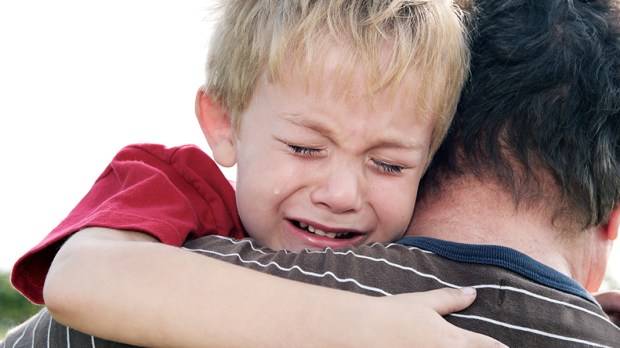We are all involved in the emotional education of children: parents and legal guardians, educators, coaches, trainers, teachers. Emotions play a fundamental role (if not the most important one) in our lives. This goes for adults just as much as teenagers and children.
So what can we do so that our children can manage their emotions in a proper, healthy way? How do we teach them to correctly identify, interpret, and transform negative, destructive emotions into positive, constructive ones? Understanding these dynamics in ourselves, as adults, is necessary if we want to be able to teach our own children how to do so.
The first step might seem quite self-evident, and perhaps even naïve, but it is nevertheless a tricky one: we need to identify and recognize our own emotions correctly. This is not so easy. Sometimes we simply don’t know exactly how we feel. Emotions can be confusing, and often come in tandem with others. Discerning emotions is a science on its own, and many great spiritual writers (think of Ignatius of Loyola, for instance) have written extensively on the matter. It is often the case we might feel anxious or threatened when we’re just being impatient, for instance. To manage emotions effectively we must be able to identify our feelings correctly: we need to know the subtle differences that distinguish worry from anxiety, peace from calm, and anger from indignation. Once we start developing the habit of discernment, we find ourselves in a situation in which we can better control our impulses. This is crucial when handling the normal difficulties of life, as much as when we celebrate things going well.
Some guidelines that can help understand, recognize, and manage our emotions:
- Being sincerely aware of our feelings and our emotions is the only way to identify them. Unless we honestly call things by their names we won’t be able to express our feelings correctly.
- Identifying the reason why we feel such emotions is as important as identifying them. Are we being oversensitive or genuinely offended? Are we being unfair? Is this anger just or is it just a tantrum?
- Children learn mainly by observation, copying, and adopting behaviors they find in other people around them, specially adults. Often, the best answer they will find to any question will be your own behavior.
- Observing children playing is quite important. In the age of “magical thinking”, where fantasy occupies an important daily role in their lives, observing children in their creative interactions with toys is a great way to understand their emotional world.
- Invite kids to express their emotions accurately: “I’m happy because …”, “I’m worried because I’ve been …” so they can explain both how they feel and why. By so doing, we can help them find solutions to solve their own problems in the most efficient way.
- Paying attention to children’s non-verbal language, their tone of voice, their gaze, is also crucial. Body language will often give us clues about how children feel.
You can — and should — start teaching emotional education to children from an early age, so they can not only have a happier childhood, but also to build the foundations for a future emotionally healthy life. Knowing how to recognize not only our own emotions but those of others, and knowing how to communicate them effectively, is fundamental.

Read more:
The lifelong benefits of teaching your kids to pray

